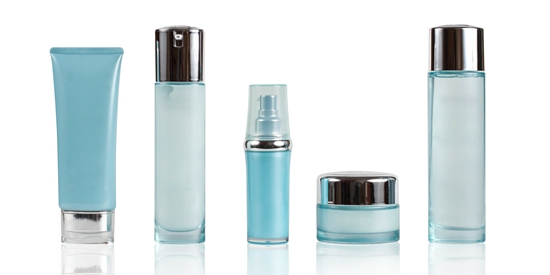Every skin care line offers a cleanser as the first step in a beauty routine. But is it really important to use a particular cleanser? What does a cleanser do that soap and water can’t, and how do you choose a cleanser that’s right for you?
Most skin care experts agree that the cleanser you choose does matter. Soap and water alone only remove a small percentage of dirt, oil, pollutants, irritants, bacteria and dead skin cells that can clog pores and give the skin a muddy, dull look. Furthermore, soap and cheap, poor quality cleansers can contain irritants such as parabens or perfume that can cause inflammation in sensitive skin. Also, poor quality cleansers do not PH balance your skin. A product that cleanses and leaves the skin pH balanced is ideal for skin health and creates a good starting surface on which to place other therapeutic products such as serums or moisturizers. Too high a pH, for example, can cause dry, “tight” looking and feeling skin. Strong cleansers that have sulfates and alcohol can also be too drying. Even individuals with oily skin need hydration since overly drying cleansers strip the skin of its acid mantle and can cause excessive irritation, thereby worsening the skin’s appearance.
Oily skin types should seek cleansers with ingredients such as glycolic or salicylic acid to provide some chemical exfoliation. These chemicals break down the “glue” that holds dead skin cells and surface skin cells together so these cells can be washed away, and so other therapeutic ingredients can penetrate the skin. Acne prone skin also benefits from the addition of antibacterial ingredients, which can include benzoyl peroxide, tea tree extract, and phytic acid as well as a variety of other botanicals.
Dry or sensitive skin requires hydration and calming anti-inflammatory ingredients such as hyaluronic acid, aloe vera and zinc oxide, as well as pro-vitamin B5.
For normal or mature skin, cleansers containing vitamin C offer hydration as well as skin brightening effects.
Most skin types will also benefit from the occasional use of a cleanser that provides some mechanical exfoliation (meaning that the cleanser contains some rough, pumice-like bits that will help slough off debris). Thicker, oilier skins will tolerate more frequent mechanical exfoliation than thinner, drier and more sensitive skins, which may do best with a once or twice-a-week exfoliation routine.
Care must be exercised in choosing this type of cleanser. Many over-the-counter exfoliants contain very jagged particles that can harm the skin by producing micro-tears. These, in turn, allow bacteria and other noxious irritants access to the deeper layers of skin, which can aggravate redness and pigment and cause pre-mature aging.
The best way to find a cleanser that is perfect for you is to visit our medical aesthetician, Suzanne. Call (905) 273-3045 today for your free consultation.


Leave a Reply